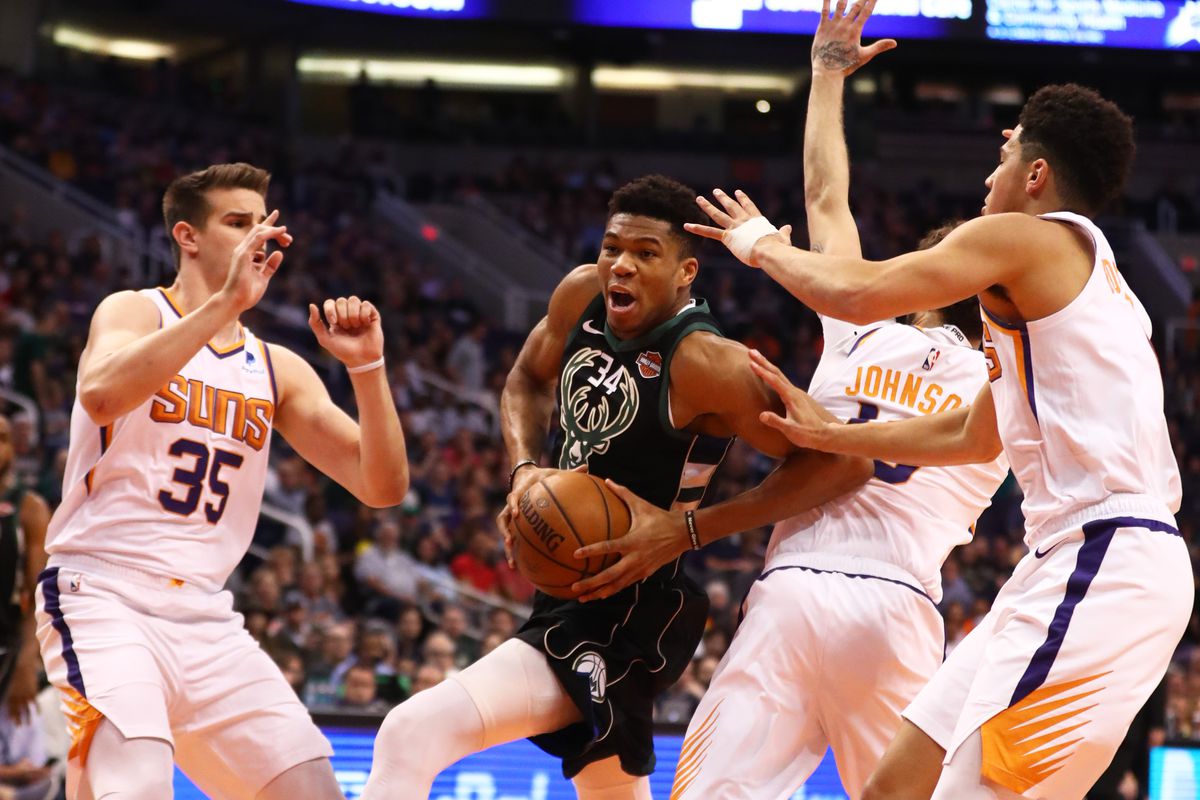After announcing an expanded partnership with the NBA, WNBA, and NBA G League as the exclusive worldwide data provider, Sportradar chief commercial officer and regional CEO APAC, Ed Blonk, spoke with Ministry of Sport.
The partnership, which is set to last at last 10 years and provides the NBA with an equity stake in Sportradar, while focusing on growing US operations, increasing international footprint and driving fan engagement.
Blonk explained how Sportradar plan to capitalise on the growth of the US sports betting market and the continued evolution of digital technology in the sporting world.
The essence of this partnership is both parties’ commitment to grow the game of basketball,” Blonk told Ministry of Sport.
“We share the NBA’s vision and ambition for the sport to expand its reach, both in new territories and where it has already penetrated, and we have the means to drive that expansion.
“Data is essential to these aims.
“First as the engine of betting activity, giving fans new and better products, served in real time as things happen on the court.
“Instant, accurate data really is the core of in-play betting and how millions of fans around the world can engage with the sports they love.
“It’s also about serving the needs of the individual fan better than ever before.
“By understanding their activities, likes and dislikes, we can deliver the products they want, when they want them.
“At the same time, we’re able to facilitate higher-value insights via targeted media content through all the channels fans use as their touchpoints for the sport.
“We see our role as essential to the future of the fan experience, improving fans’ enjoyment, engagement and understanding of the games they watch.
“With about 1,300 games a season in the NBA and a current fan base of 2.2 billion people worldwide, there’s a massive opportunity to do that through this partnership…
“There is some important context to keep in mind.
“For instance, even before the US hits full betting-market maturity – which could take another eight-to-ten years – the NBA is already generating an estimated €112 billion in worldwide betting turnover this year.
“That’s more than 2.5 times what American professional football is expected to produce globally (at €42bn) this year.
“And, with the conclusion of the existing deal in two years, moving forward this new multi-year agreement provides us significant runway to partner with the NBA and develop exciting solutions across our teams, betting and sports entertainment verticals,” he said.
On how Sportradar will work to enhance the NBA’s international fan engagement processes and tools through the partnership, Blonk said the evolution of digital tech will play a part in the data that can be utilised.
“Because of the length of the partnership, we have the opportunity to devote extensive, dedicated resources to improving the NBA’s digital infrastructure,” Blonk said.
“That means giving fans more data on their favourite players and teams, it means creating new and different products and it means developing the B2B offering for advertisers and media companies.
“But it could be that over the next 10 years there will be much more we can do than even what we are forecasting now.
“That’s because we’re directing our Acceleradar unit – Sportradar’s third-party innovations accelerator – to look for and foster other basketball-focused start-ups that can enhance what the NBA brings its fans,” he said.
When asked what he would recommend for sporting organisations hoping to better integrate digital technology to engage fans, Blonk said: “That’s a big question and it gets right to the heart of what we do.”
“Digital fan-engagement is a massive, multifaceted operation involving fast and efficient data capture and analysis, delivered through a vast network of commercial relationships among betting operators and media outlets.
“In our case it’s taken 20 years and a sizable financial investment to create what we’ve built.
“Without those strategic investments of time and money, the data lake we have access to today would be almost impossible to recreate.
“My recommendation to any sports organisation would be to discuss their specific needs with sports-data firms like Sportradar and see what fits.
“Because going at it alone could prove very expensive and lead to a huge amount of management focus being diverted to something that others, with the right expertise, could be doing for them impactfully and efficiently,” Blonk told Ministry of Sport.







